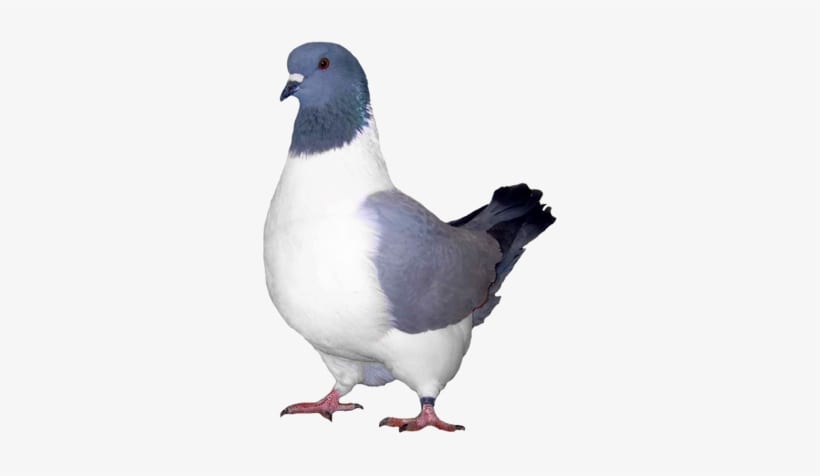
by Pigeon Patrol | Nov 23, 2020 | Bird Deterrent Products, Bird Netting, Pigeon Control, Pigeon Droppings, Pigeon Patrol's Services, Pigeons in the News
Ever heard of ice pigeons? No? keep on reading to find out what they are!
Ice Pigeons
The Ice pigeon is a breed of fancy pigeon developed over many years of selective breeding. Ice pigeons, along with other varieties of domesticated pigeons, are all descendants from the rock pigeon. In 1846, Charles Darwin is known to have crossbred the Ice pigeon in order to ascertain colour patterns.
it is one of the oldest of the German color pigeon breeds and was developed over many years of selective breeding.The breed is actually from the South Germany. And it was first developed in the region from eastern Germany to western Poland, with most early breeding in Saxony and Silesia.
Where Do They Live?
And it was first developed in the region from eastern Germany to western Poland, with most early breeding in Saxony and Silesia. The Ice pigeon and other varieties of domesticated pigeons, all are descendants from the wild or feral rock pigeon.
Appearance
This pigeon is an average sized bird which is named and known for it’s ‘ice-blue’ coloration. It’s head is slightly oblong, and have smooth head.
It has several varieties, which are differing in the type and color of their wing pattern. But the basic color of these birds is a pale grey.
Eyes of these birds are of different color depending on the variety. The black barred and checked version has orange to yellow orange colored eyes. And all other varieties have black eyes.
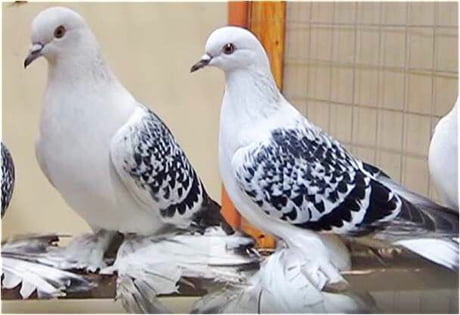
| Ice Pigeon | Breed Profile |
| Breed Name |
Ice |
| Other Name |
Polish: Lazurek; German: Eistaube |
| Breed Purpose |
Exhibition, ornamental, pets |
| Special Notes |
Beautiful, calm and gentle in nature, good for ornamental purpose, good for exhibition, good for raising as pets |
| Breed Class |
Small to medium |
| Climate Tolerance |
All climates |
| Flying Ability |
Average |
| As Pets |
Good |
| Color |
Many |
| Rarity |
Common |
About Pigeon Patrol:
Pigeon Patrol Products & Services is the leading manufacturer and distributor of bird deterrent (control) products in Canada. Pigeon Patrol products have solved pest bird problems in industrial, commercial, and residential settings since 2000, by using safe and humane bird deterrents with only bird and animal friendly solutions. At Pigeon Patrol, we manufacture and offer a variety of bird deterrents, ranging from Ultra-flex Bird Spikes with UV protection, Bird Netting, 4-S Gel and the best Ultrasonic and audible sound devices on the market today.
Contact us at 1- 877– 4– NO-BIRD, (604) 585-9279 or visit our website at www.pigeonpatrol.ca
Pigeon / Pigeon Patrol / Pigeons Roosting / Vancouver Pigeon Patrol / Bird Control / Surrey Pigeon Control / Pest / Vancouver Pigeon Blog / Birds Inside Home / Pigeons in the cities / Ice Pigeons
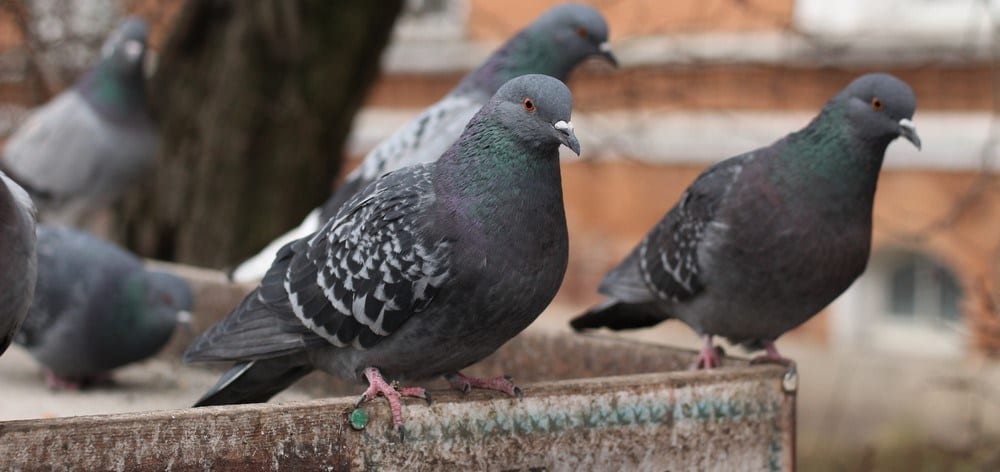
by Pigeon Patrol | Nov 23, 2020 | Bird Netting, Pigeon Control, Pigeon Patrol's Services, Pigeon Spikes, Pigeons in the News
Ever thought about why there are so many pigeons in your city? I have, I always notice a flock of pigeons hanging out on posts and rooftops and individually roaming the streets. But why are there so many? Keep on reading to find out! It may surprise you.
Pigeons In The City
Some people feed pigeons bread crumbs or keep them as pets in rooftop coops. Others see the animals as pests, carriers of disease or simply “rats with wings.” But whatever you think about these birds, there’s one fact no one will argue: Pigeons are everywhere.
Have you ever wondered how one kind of bird managed to take over urban areas as far apart as Washington; London, England; Mumbai, India; and Melbourne, Australia? Or why it is that pigeons are so plentiful in cities and not eagles, turkeys, hummingbirds or vultures?
Well, the first thing you need to know about pigeons is that they’re actually doves. Or doves are actually pigeons. Scientifically, there’s no difference between the two.
“In some languages, there isn’t even a separate word for ‘pigeon,’ ” said Colin Jerolmack, a scientist at New York University who studies human societies.
There are still pigeons living in the wild today. They evolved on the shores of North Africa and the Mediterranean Sea, where they make their homes on rocky ledges and cliffs. And it was this natural love for hard surfaces that made them a perfect fit in urban areas.
“They actually really like concrete, marble and stone, so they prefer to live and build nests not in the trees and shrubs and grass, but alongside buildings,” said Jerolmack, who wrote a book called “The Global Pigeon.”
But perhaps the biggest reason you’ll find pigeons in cities around the world is because humans brought them there.
At least as long as 5,000 years ago, the people of an ancient Middle Eastern civilization known as Mesopotamia started putting out houses for these birds. As the birds became more tame, people began breeding them for food in areas where other wild animals had become scarce.
Later, people learned that they could also use pigeons to carry written messages over long distances, thanks to the birds’ homing instinct.
“You can take a street pigeon in D.C. and drive it down to North Carolina and release it, and, more often than not, it’ll find its way home,” Jerolmack said.
As you can see, pigeons can be quite useful. It’s been only in the past 80 to 100 years that people started disliking the birds, Jerolmack said. And much of the dislike comes from misunderstanding.
For example, there’s really no solid evidence that pigeons pass diseases on to people. And once you get to know them, you might change the way you think.
Did you know that pigeons mate for life, for instance? Or that once their chicks hatch, both parents take turns feeding their young a liquid produced in their digestive tract called “crop milk?”
Anyway, humans have only themselves to blame for the pigeons cooing on every corner.
“We bred them and domesticated them, and kept them in cities as we developed cities,” Jerolmack said. “So they’ve always been here, from the beginning.”
There are still pigeons living in the wild today. They evolved on the shores of North Africa and the Mediterranean Sea, where they make their homes on rocky ledges and cliffs. And it was this natural love for hard surfaces that made them a perfect fit in urban areas.
“They actually really like concrete, marble and stone, so they prefer to live and build nests not in the trees and shrubs and grass, but alongside buildings,” said Jerolmack, who wrote a book called “The Global Pigeon.”
But perhaps the biggest reason you’ll find pigeons in cities around the world is because humans brought them there.
At least as long as 5,000 years ago, the people of an ancient Middle Eastern civilization known as Mesopotamia started putting out houses for these birds. As the birds became more tame, people began breeding them for food in areas where other wild animals had become scarce.
Later, people learned that they could also use pigeons to carry written messages over long distances, thanks to the birds’ homing instinct.
“You can take a street pigeon in D.C. and drive it down to North Carolina and release it, and, more often than not, it’ll find its way home,” Jerolmack said.
As you can see, pigeons can be quite useful. It’s been only in the past 80 to 100 years that people started disliking the birds, Jerolmack said. And much of the dislike comes from misunderstanding.
For example, there’s really no solid evidence that pigeons pass diseases on to people. And once you get to know them, you might change the way you think.
Did you know that pigeons mate for life, for instance? Or that once their chicks hatch, both parents take turns feeding their young a liquid produced in their digestive tract called “crop milk?”
Anyway, humans have only themselves to blame for the pigeons cooing on every corner.
“We bred them and domesticated them, and kept them in cities as we developed cities,” Jerolmack said. “So they’ve always been here, from the beginning.” Source

About Pigeon Patrol:
Pigeon Patrol Products & Services is the leading manufacturer and distributor of bird deterrent (control) products in Canada. Pigeon Patrol products have solved pest bird problems in industrial, commercial, and residential settings since 2000, by using safe and humane bird deterrents with only bird and animal friendly solutions. At Pigeon Patrol, we manufacture and offer a variety of bird deterrents, ranging from Ultra-flex Bird Spikes with UV protection, Bird Netting, 4-S Gel and the best Ultrasonic and audible sound devices on the market today.
Contact us at 1- 877– 4– NO-BIRD, (604) 585-9279 or visit our website at www.pigeonpatrol.ca
Pigeon / Pigeon Patrol / Pigeons Roosting / Vancouver Pigeon Patrol / Bird Control / Surrey Pigeon Control / Pest / Vancouver Pigeon Blog / Birds Inside Home / Pigeons in the cities
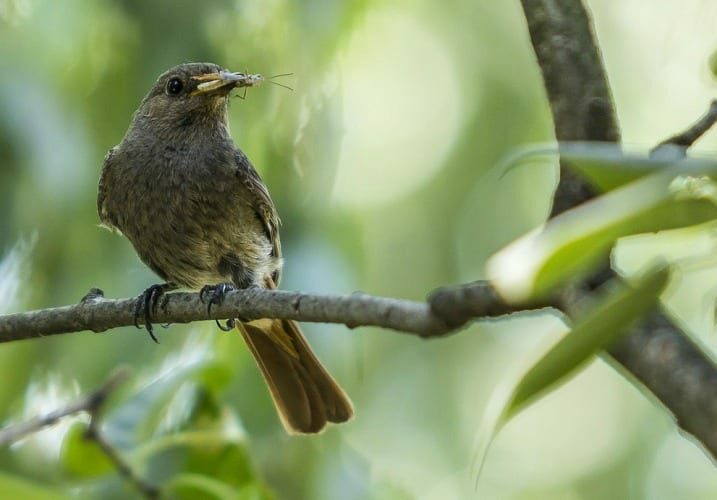
by Pigeon Patrol | Nov 15, 2020 | Bird Deterrent Products, Bird Netting, Bird Spikes
Wanna know how to keep pest birds away from your garden? Well you’ve come to the right place!
It takes work to till, plant and weed a garden. But the results are worth it—flowers, fruits and vegetables you can proudly share with family and friends. The problem is birds. They like your garden too.
Pest Birds Can Destroy Gardens
Without effective bird controls, pest birds like sparrows, swallows, pigeons and crows can wreak havoc on your garden. Songbirds will show no mercy to your broccoli, corn, green peas, snap peas, apples, apricots, blackberries, blueberries, cherries, currants, grapes, peaches, pears, plums, raspberries and strawberries. You’ll know you have a problem if patches of young seedlings completely disappear, or the tops of your young plants are chewed off, or if you notice bites taken out of the berries as they ripen.
Mocking birds, orioles and thrashers, for example, will eat your oranges. Bluebirds, finches, robins and waxwings love to feast on grapes. Starlings will go after your cherries. Regardless of the fruit you’re growing, there’s a bird that will “beat you to the picking.” Birds also won’t hesitate to crater your lawn while they dig for bugs. In times of drought, birds will eat many different fruits and vegetables, including tomatoes and melons.
Lethal Means of Bird Control Are Often Illegal
Some homeowners are tempted to resort to lethal bird control measures. Poisons (avicides) should not be used, since they can be ingested by pets and pose additional hazards to adults and children. These lethal substances are also tightly controlled by the government, and many species of birds are protected, so their use is highly restricted. The use of firearms, even pellet guns, should also be avoided, since they pose harm and possible injury to neighbours, pets and property. Trapping birds is one option, but this method won’t stop other birds from invading your garden. If your garden is attractive for roosting and nesting, they’ll just keep coming.
The hard truth is that unless you implement some effective bird control measures, you’re just growing fruits and vegetables for the birds. To save your garden, here are some inexpensive and humane strategies the bird control experts at Absolute Bird Control recommend:
Make Your Garden Less Attractive to Pest Birds
To deter pest birds from your garden, start by removing their easy access to food and water—including pools of standing water after rains or sprinkler use. Convince your family (especially kids and grandma/grandpa) to stop feeding any birds. These early “scouts” will bring flocks to your garden. So make sure trash containers are tightly closed, and clean any food scraps around tables, benches and chairs. Finally, deny birds access to nesting and roosting sites around your property by sealing all openings to eaves, lofts, steeples and vents.
Another Way To Keep Pest Birds Away: Create a Visual Distraction Zone for Pest Birds
To keep pest birds from your garden, create a visual distraction zone around it. Absolute Bird Control offers a number of economical products that will harmlessly alarm or distract pest birds. Here are five you should consider:
- Flash Tape. This tape comes in 100-ft rolls and is made of iridescent foil that’s easily cut into short strips. Affixed to high visibility areas of your garden, the strips snap in the wind and reflect sunlight to make birds too nervous to stay.
- Bird Scare Diverters. These teardrop-shaped deterrents intimidate pest birds with a predator eye on a reflective surface. A swivel attachment allows the diverter to rotate 360° for added effectiveness. Attach to fences, trees and patio covers.
- Bird Scare Balloons. Covered with lifelike reflective predator eyes and markings, these balloons are 16-inches in diameter (about he size of a standard beach ball). Pest birds take one look at those big bright eyes and think they’re about to be attacked by a giant predator. Made of UV-resistant and weather-resistant vinyl. Attach to fences, trees and patio covers.
- Hawk Decoys. These realistic-looking decoys stand about 17 inches tall to convince pest birds that a real hawk is standing by ready to strike. Made of heavy duty plastic to ensure its “live” appearance, the decoys can be placed in any high visibility area of your garden. Simply move the decoy from time to time to keep pest birds “on their toes.” Source
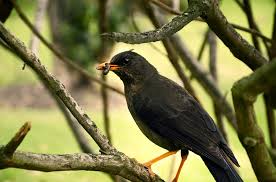
About Pigeon Patrol:
Pigeon Patrol Products & Services is the leading manufacturer and distributor of bird deterrent (control) products in Canada. Pigeon Patrol products have solved pest bird problems in industrial, commercial, and residential settings since 2000, by using safe and humane bird deterrents with only bird and animal friendly solutions. At Pigeon Patrol, we manufacture and offer a variety of bird deterrents, ranging from Ultra-flex Bird Spikes with UV protection, Bird Netting, 4-S Gel and the best Ultrasonic and audible sound devices on the market today.
Contact us at 1- 877– 4– NO-BIRD, (604) 585-9279 or visit our website at www.pigeonpatrol.ca
Bird Gone, Pigeon Gone, Seagull Gone, Pigeon problems, 1-877-4NO-BIRD, 4-S Gel, Bird Control, Pigeon Control, bird repellent,, sonic bird repellent, stainless steel , bird spikes Vancouver, Ultra Sonic Bird Control, Bird Netting, stop aggressive pet birds Canada bird deterrents, Pigeon Pests, B Gone Pigeon, Pigeon Patrol, pest controller, pest control operator, pest control technician, Pigeon Control Products, humane pigeon, pigeon deterrents, pigeon traps, Pigeon repellents, stop aggressive pet birds Sound & Laser Deterrents, wildlife control, raccoon, skunk, squirrel deterrent, De-Fence Spikes, Dragons Den, Canada bird spikes, Canada pigeon, pigeon control, pigeon patrol, pigeon. destroy pigeons, crow, starling, Pigeon Habitat, Pigeon identifications, pigeon myths, stop aggressive birds, stop aggressive pet birds, problems with pest birds, Keep away pest birds
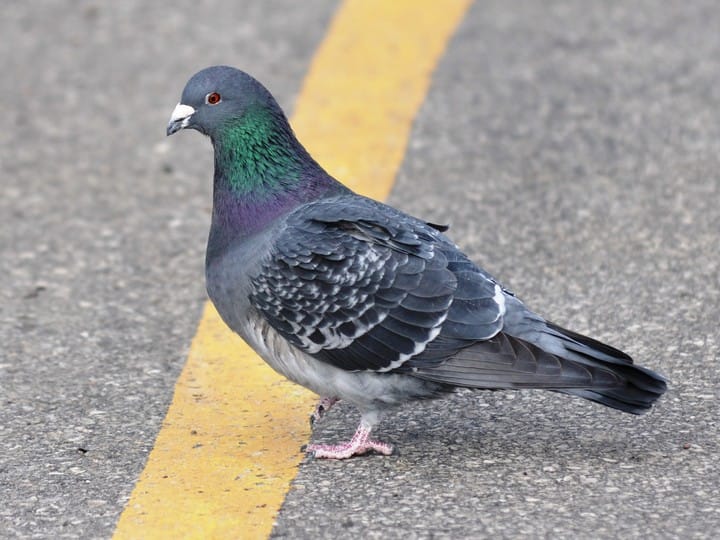
by Pigeon Patrol | Nov 15, 2020 | Animal Deterrent Products, Bird Deterrent Products, Bird Netting, Bird Spikes
Do you wanna know what the problems are with pest birds? then keep on reading!
| Pest Bird Problems – Problems Caused by Pest Birds
Birds problems can cause damage to buildings and agriculture environments. Many bird problems are due to poor planning and /or design. Nimby Bird Control Solutions has a team of experts who first study the bird problems and develop a plan of action to address the particular bird problem faced by each client.
Nimby Bird Control Solutions is committed to environmentally sound methods of bird control. This includes a number of bird control techniques including netting, spikes, electric shock and other bird deterrents. Our methods to address bird problems first begin with a thorough examination and understanding of each bird problem situation. |
|
| Types of Bird Problems
Pigeon Nesting Bird Problems
Nesting can cause fire hazards and extensive damage to roofs, eaves, structures and machinery. Nesting around building ventilation systems will cause them to clog and work inefficiently. Birds nesting can introduce bacteria and viruses into buildings. Spores, parasites, fleas and ticks can become serious health hazards in affected buildings. Nests in chimneys and vents can block exhausting of moisture and carbon monoxide. This can cause build up of mold and carbon monoxide causing health hazards.
Pigeon droppings Bird Problems
Bird Droppings are not just unsightly. They contain allergens and health hazards. They are also highly corrosive and harmful to buildings, machinery. Bird droppings can lead to clogging of the ventilation ducts and obstruction of drainage systems. Damage to equipment and machinery, buildings and roofs can be very expensive to repair. Unpleasant odors can permeate through ducts and ventilation systems. Bird droppings and feces, when inhaled, can cause an incurable disease called histoplasmosis which is characterized by constant flu-like symptoms. Source
Property damage Bird Problems
Property Damage to roofs, eaves, chimneys and machinery are among some of the issues faced by property managers. Bird droppings contain corrosive matter including uric acid. They are extremely harmful to machinery and equipment and are often the cause of expensive damage to stored items as well. Bird droppings can accumulate and block gutters and result in water damage to roofs and walls.
Appearance issues Bird Problems
Appearance issues Nests, droppings and debris cause appearance problems as well as safety and health concerns. At entrances to buildings, stores and restaurants they can be unsightly and a reason for drop in traffic and sales. Depending on their locations, bird droppings in high traffic areas can cause safety concerns. Around paths and walkways, and at entrances to stores and buildings, bird droppings and bird feces are slippery and unsafe, can spread bacteria and health risks.
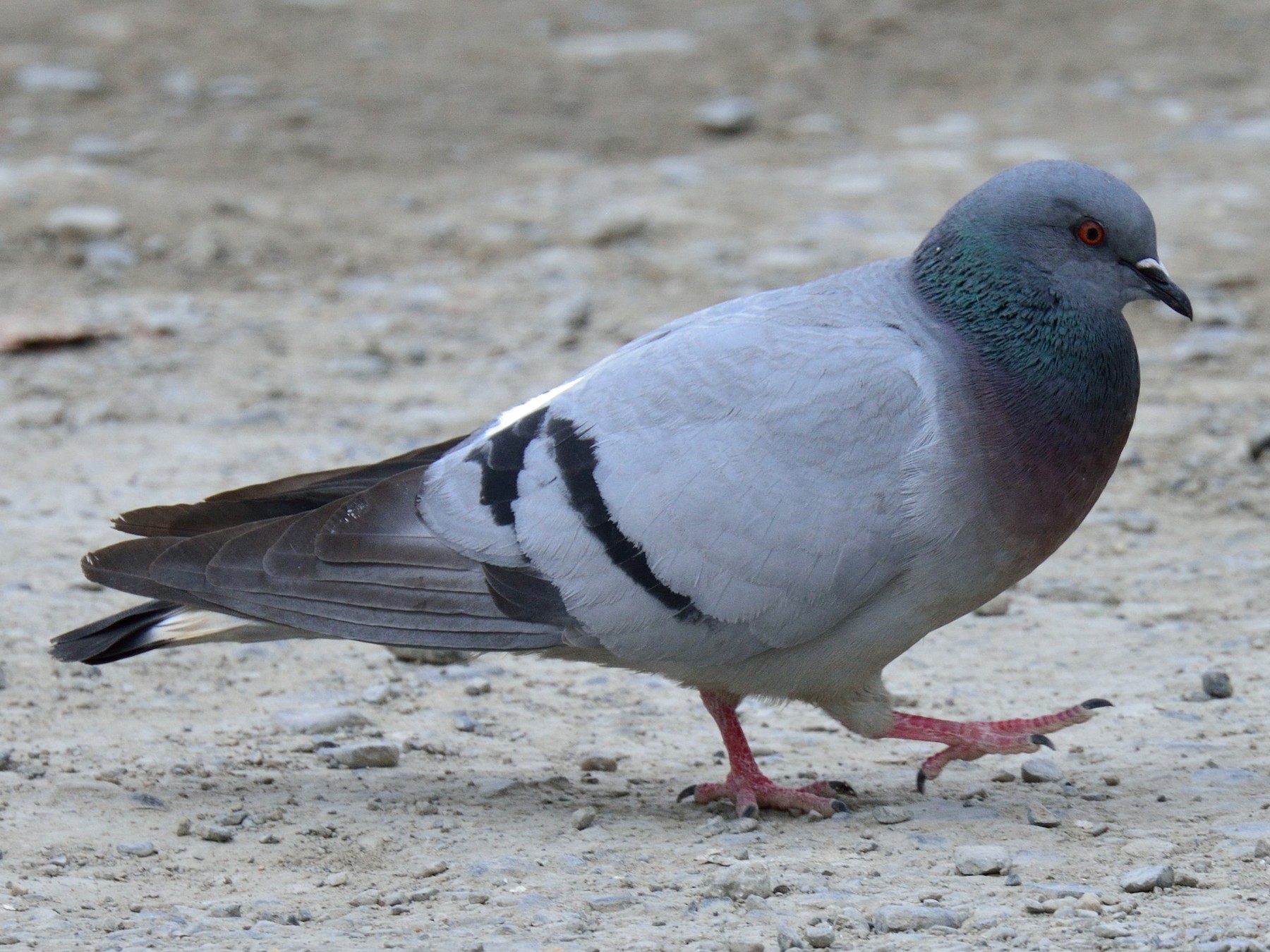
Safety hazards
Safety Hazards are frequently less understood. Birds carry allergens, parasites, bacteria and other health risks to humans. Histoplasmosis, encephalitis and other infectious diseases are spread by birds. Birds nesting around air-conditioning equipment can spread these contaminants throughout buildings and cause a phenomenon called sick building. Birds introduce parasites, fleas and ticks in the environment around their nesting areas and building ventilation system. Air circulation can quickly spread odor and contaminants throughout the building.
Food Contamination Bird Problems
In warehouses, food manufacturing plants, grain silos, storage facilities. Grocery stores with open displays, exposed food shelves and other such facilities require special attention. Birds often find ways to nest and breed around such buildings. Contaminated food, stored items may have to be destroyed and extensive expenses incurred for cleaning and sanitation.
Bird Problems in airport hangars and small twin engine planes on tarmac
Aircraft Hazards – there are a number of bird problems besides bird strikes that are faced by municipal airports. Birds find nesting areas and form colonies around aircraft hangars, maintenance buildings. They can cause slippery hangar floors due to their droppings and thus jeopardize people’s safety. Birds will also lead to unhealthy work environments, foul parts prior to installation, cause hazardous situations when birds inhabit aircraft mechanisms. Bird droppings are extremely corrosive and cause expensive damage to the paint on aircraft. Birds also nest or loaf around airport jetways and loading bridges. Nimby Bird Control Solutions has effective bird control solutions designed especially for bird problems at aircraft hangars and airports.
Birds in agricultural fields Bird Problems
Agricultural Damage Bird Problems have a direct impact on the economics of agriculture. Birds feed on seeds or seedlings, damage or destroy ripened crops or pass bacteria on the crops possibly spreading disease or harmful bacteria. The birds may also eat or defecate on stored food. In small numbers, these bird problems are manageable. Left unchecked, they can have a significant adverse impact on farming operations, fish farms, orchards and vegetable farms. In recent times cormorants have become a serious concern in the upper great lakes region. |
About Pigeon Patrol:
Pigeon Patrol Products & Services is the leading manufacturer and distributor of bird deterrent (control) products in Canada. Pigeon Patrol products have solved pest bird problems in industrial, commercial, and residential settings since 2000, by using safe and humane bird deterrents with only bird and animal friendly solutions. At Pigeon Patrol, we manufacture and offer a variety of bird deterrents, ranging from Ultra-flex Bird Spikes with UV protection, Bird Netting, 4-S Gel and the best Ultrasonic and audible sound devices on the market today.
Contact us at 1- 877– 4– NO-BIRD, (604) 585-9279 or visit our website at www.pigeonpatrol.ca
Bird Gone, Pigeon Gone, Seagull Gone, Pigeon problems, 1-877-4NO-BIRD, 4-S Gel, Bird Control, Pigeon Control, bird repellent,, sonic bird repellent, stainless steel , bird spikes Vancouver, Ultra Sonic Bird Control, Bird Netting, stop aggressive pet birds Canada bird deterrents, Pigeon Pests, B Gone Pigeon, Pigeon Patrol, pest controller, pest control operator, pest control technician, Pigeon Control Products, humane pigeon, pigeon deterrents, pigeon traps, Pigeon repellents, stop aggressive pet birds Sound & Laser Deterrents, wildlife control, raccoon, skunk, squirrel deterrent, De-Fence Spikes, Dragons Den, Canada bird spikes, Canada pigeon, pigeon control, pigeon patrol, pigeon. destroy pigeons, crow, starling, Pigeon Habitat, Pigeon identifications, pigeon myths, stop aggressive birds, stop aggressive pet birds, problems with pest birds
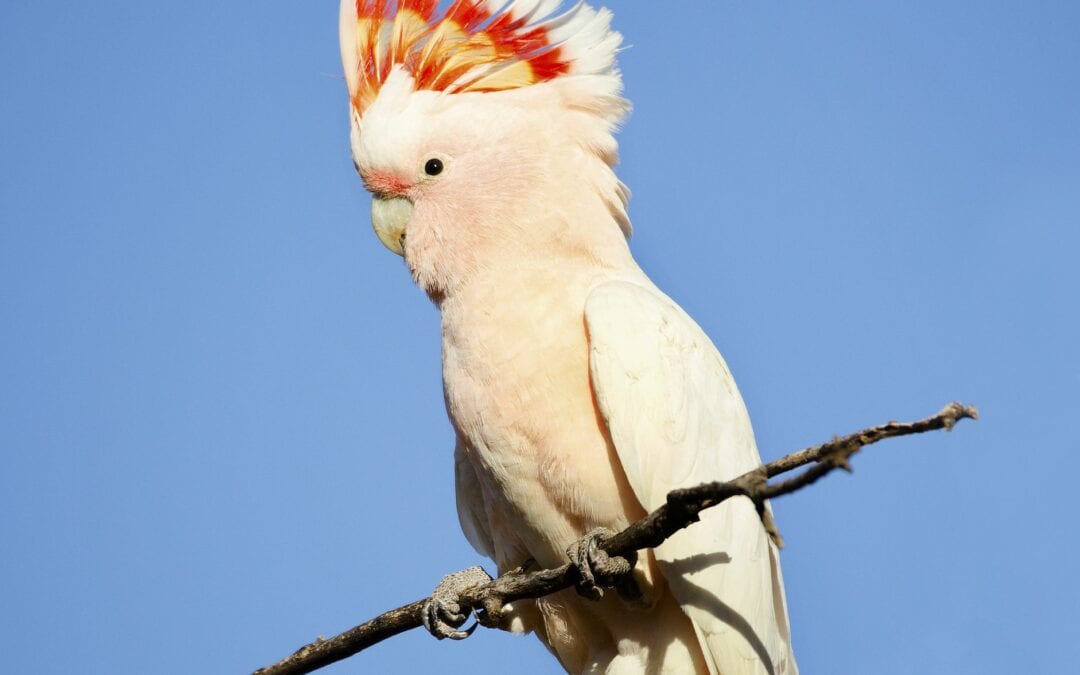
by Pigeon Patrol | Nov 15, 2020 | Animal Deterrent Products, Bird Deterrent Products, Bird Netting, Bird Spikes
Wondering which birds are the smartest of them all? Then keep on reading!
The Smartest Birds
When you think about all of the animals in the world, you quickly realize that birds are, in fact, amongst some of the most intelligent creatures we have on Earth. Although there are more than 10,000 bird species worldwide, only a handful of them have made the list for extremely talented and incredibly intelligent. So who are these super intelligent feathered friends? It’s not easy to really say who is number one or number 2, or to choose the smartest and brightest of them all. But this blog gives you an overview, of what birds have made the top of the list in most bird intelligence studies around the world. So sit back and be amazed how smart some of our feathered friends really are!
Crows

Crows are black birds known for their intelligence and adaptability, and for their loud, harsh “caw.” They also have a reputation for damaging crops; however, their impact may be less than previously thought. The genus Corvus comprises crows, ravens and rooks. These birds are all part of the Corvidae family, which includes jays, magpies and nutcrackers. When it comes to intelligence, Crows should probably be at the top of the list, or close to it. Many scientists think that crows just may be among the most intelligent birds on earth. This intelligent rating is based on their ability to solve problems, make tools as well as consider both future events and other individuals’ states of mind. In addition to Crows making customize tools, they understand causality, can reason, count up to five and remember human faces. In Israel, Wild Hooded Crows actually use bread crumbs to catch fish. In Norway and Sweden they have been seen dragging fishing lines out of water to get the hooked fish. They are second only to humans in intelligence — even smarter than apes in some research tests. And what’s also impressive is that their brain-to-body weight ratio is equal to that of the great apes and cetaceans (whales, dolphins, porpoises) and just slightly lower than in humans.
Kea
Next on the list of smartest birds in the world is the Kea. The kea is a species of large parrot in the family Nestoridae found in the forested and alpine regions of the South Island of New Zealand. About 48 cm long, it is mostly olive-green with a brilliant orange under its wings and has a large, narrow, curved, grey-brown upper beak.The Kea has been enlisted by many as the worlds most intelligent bird among top ten intelligent birds. The Kea is found in New Zealand and it is basically a parrot. This extremely intelligent bird knows how to be very crafty when it comes to finding or stealing food.The troublesome native parrot, is known as the ‘Clown of the Alps’ and can cause havoc with many things (especially cars) and has proved to be as clever as some of the smartest animals on the planet. In some intelligence tests carried out by a Canterbury University masters student, kea outscored gibbons – and anthropoid apes which are part of the primate family.

Jays
Another bird we have up in our list are the Jays.
Blue Jays are one of the smartest birds you’ll see visiting your feeder. As for Blue Jays, there’s still much more to learn and discover, as we don’t know the full extent of their intelligence. However, research so far suggests the Blue Jay is no “birdbrain.” Here are three things we know about Blue Jays that prove their smarts:
Blue Jays can imitate the sounds in their environments, and one thing they mimic is hawk calls. Researchers believe they do this to warn other jays in their family and flock that danger is near. However, Blue Jays don’t shy away from using this ability to their advantage. Some backyard birders have caught jays making this sound to scare off songbirds at the feeder so they can get the feeding station to themselves!
So far, no one has documented Blue Jays using tools in the wild. However, in at least one laboratory setting, Blue Jays were seen ripping pieces of the newspaper lining in their cages, using these strips to help them access out-of-reach food pellets. This suggests when they have the right motivation, Blue Jays have an aptitude for tools. Many Jays avoid eating ants because they taste, well, awful. That bitter taste comes from the ant’s self-defense strategy: When it detects a threat, a gland releases a noxious formic acid that covers the ant’s body. However, Blue Jays found a workaround. They carefully rub the insect on their feathers, a process that birders refer to as anting, to remove the bitter-tasting substance before eating.

Cockatoos
Last on our list of smartest birds are the Cockatoos
A cockatoo is any of the 21 parrot species belonging to the family Cacatuidae, the only family in the superfamily Cacatuoidea. Along with the Psittacoidea and the Strigopoidea, they make up the order Psittaciformes.
Cockatoos are recognizable by the showy crests and curved bills. These extremely social birds have endearing personalities and great speaking abilities. As a part of their extreme intelligence, is their ability to imitate a wide variety of sounds and speech. But more than that, when scientists performed intelligent tests with the captive bred Goffin’s cockatoo they learned they are able to actually resist the temptation of eating a food item put in front of them in order to trade it for a better reward later.
This reaction mirrored a famous experiment in the U.S. 40 years ago when nursery school children were put in a room and given a marshmallow, biscuit or pretzel stick. They could either eat it right away or wait 15 minutes and get an extra treat. On average they are larger than most other parrots.

About Pigeon Patrol:
Pigeon Patrol Products & Services is the leading manufacturer and distributor of bird deterrent (control) products in Canada. Pigeon Patrol products have solved pest bird problems in industrial, commercial, and residential settings since 2000, by using safe and humane bird deterrents with only bird and animal friendly solutions. At Pigeon Patrol, we manufacture and offer a variety of bird deterrents, ranging from Ultra-flex Bird Spikes with UV protection, Bird Netting, 4-S Gel and the best Ultrasonic and audible sound devices on the market today.
Contact us at 1- 877– 4– NO-BIRD, (604) 585-9279 or visit our website at www.pigeonpatrol.ca
Bird Gone, Pigeon Gone, Seagull Gone, Pigeon problems, 1-877-4NO-BIRD, 4-S Gel, Bird Control, Pigeon Control, bird repellent,, sonic bird repellent, stainless steel , bird spikes Vancouver, Ultra Sonic Bird Control, Bird Netting, stop aggressive pet birds Canada bird deterrents, Pigeon Pests, B Gone Pigeon, Pigeon Patrol, pest controller, pest control operator, pest control technician, Pigeon Control Products, humane pigeon, pigeon deterrents, pigeon traps, Pigeon repellents, stop aggressive pet birds Sound & Laser Deterrents, wildlife control, raccoon, skunk, squirrel deterrent, De-Fence Spikes, Dragons Den, Canada bird spikes, Canada pigeon, pigeon control, pigeon patrol, pigeon. destroy pigeons, crow, starling, Pigeon Habitat, Pigeon identifications, pigeon myths, stop aggressive birds, stop aggressive pet birds













